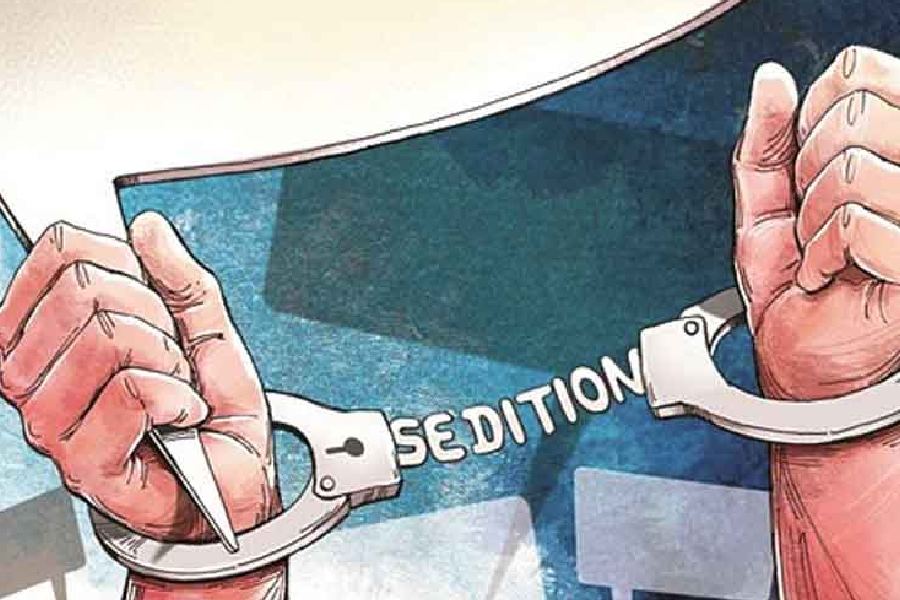One of the laws which keeps on giving trouble is the sedition law. Formulated in 1870 in the colonial era, it may have made sense to the foreign rulers. But it has been used after India became independent, especially during the rule of the present government. In May 2022, the Supreme Court suspended it and all police action as well as investigations and trials under it pending reexamination. This was then Section 124A of the former Indian Penal Code. Now the Supreme Court has sent a notice to the Centre in response to a public interest litigation challenging Section 152 of the Bharatiya Nyaya Sanhita, which has replaced the IPC. The petition says that the section is substantively similar in content to the sedition law although the wording is different. It is also more vague and expansive. It criminalises — with a maximum penalty of life imprisonment — speech and expressions, visuals and so on that encourage subversive activity, separatist feelings and acts endangering the unity and integrity of India. On the one hand, this violates Articles 14, 19(1)(a) and 21 of the Constitution. On the other hand, certain key terms — “endangering” or “subversive”, for example — are not defined. In other words, these can be applied subjectively, and used arbitrarily, against dissenters, activists, minorities asking for their rights and so on.
The petition suggests that the BNS is introducing the sedition law through the backdoor even though the Supreme Court suspended its application three years ago. The present Union government’s attitude towards dissenters and activists, even defenders of minority rights and different kinds of writers, has become well-known through the numerous cases against some of them. Hence the suspicion expressed by the PIL is not surprising. The vagueness of the undefined terms poses a real danger. It may well be that the government is not too comfortable without a law akin to the former sedition law as part of its legal arsenal. This kind of law assumes a hostile relationship between the people and the government and suppresses democratic debate and protest. It disproportionately empowers the government which is against the spirit of democracy. If Section 152 of the BNS is found to be an echo of the earlier sedition law, it must be acknowledged that its wily introduction does not become the dignity of the government.










